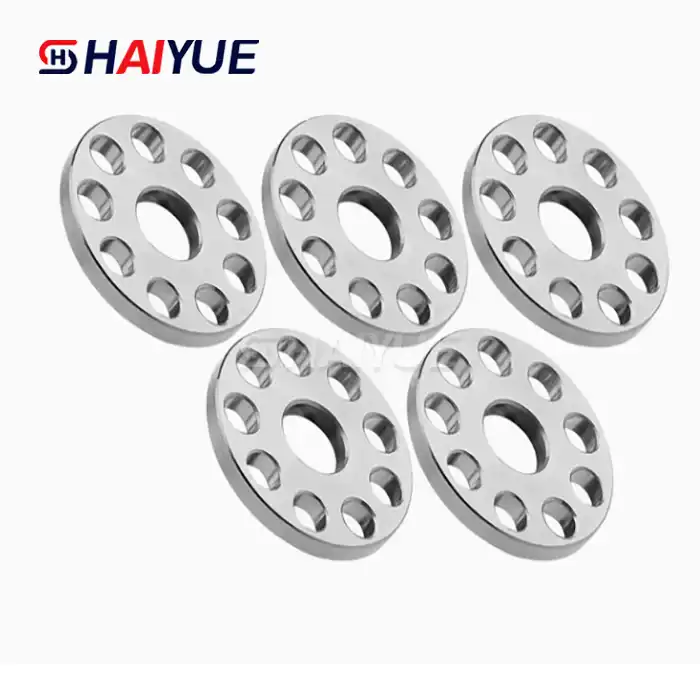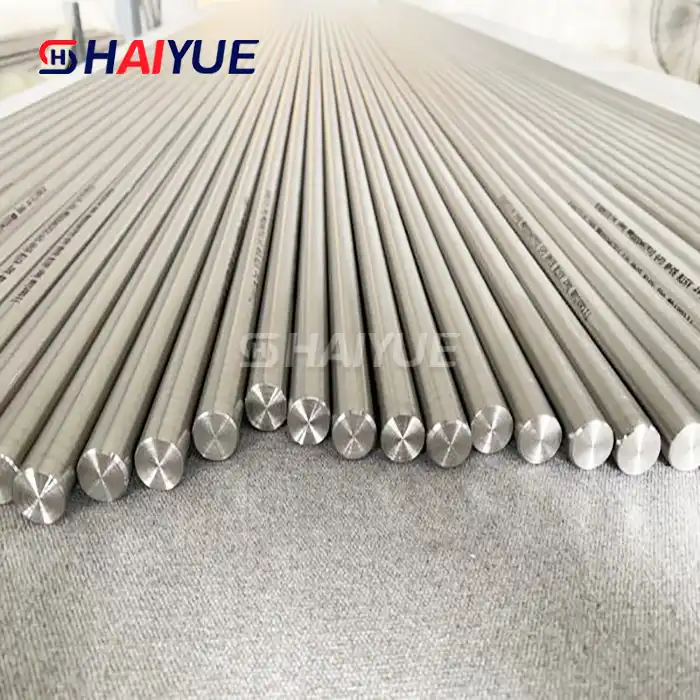- English
- French
- German
- Portuguese
- Spanish
- Russian
- Japanese
- Korean
- Arabic
- Greek
- German
- Turkish
- Italian
- Danish
- Romanian
- Indonesian
- Czech
- Afrikaans
- Swedish
- Polish
- Basque
- Catalan
- Esperanto
- Hindi
- Lao
- Albanian
- Amharic
- Armenian
- Azerbaijani
- Belarusian
- Bengali
- Bosnian
- Bulgarian
- Cebuano
- Chichewa
- Corsican
- Croatian
- Dutch
- Estonian
- Filipino
- Finnish
- Frisian
- Galician
- Georgian
- Gujarati
- Haitian
- Hausa
- Hawaiian
- Hebrew
- Hmong
- Hungarian
- Icelandic
- Igbo
- Javanese
- Kannada
- Kazakh
- Khmer
- Kurdish
- Kyrgyz
- Latin
- Latvian
- Lithuanian
- Luxembou..
- Macedonian
- Malagasy
- Malay
- Malayalam
- Maltese
- Maori
- Marathi
- Mongolian
- Burmese
- Nepali
- Norwegian
- Pashto
- Persian
- Punjabi
- Serbian
- Sesotho
- Sinhala
- Slovak
- Slovenian
- Somali
- Samoan
- Scots Gaelic
- Shona
- Sindhi
- Sundanese
- Swahili
- Tajik
- Tamil
- Telugu
- Thai
- Ukrainian
- Urdu
- Uzbek
- Vietnamese
- Welsh
- Xhosa
- Yiddish
- Yoruba
- Zulu
Does pure titanium exist?
When we listen the term "pure titanium," it's natural to wonder if such a thing really exists. After all, in a world where materials are regularly alloyed or blended for different applications, the concept of pure titanium might appear slippery. This article delves into the captivating world of titanium, exploring its purity levels, applications, and the part of Medical Titanium Plates in modern healthcare.

Understanding Titanium Purity
Titanium is a remarkable metal known for its strength, lightweight properties, and corrosion resistance. But when we talk about "pure titanium," what exactly do we mean?
Grades of Titanium
In the world of metallurgy, titanium is classified into different grades based on its purity and composition. The purest form of commercially available titanium is often referred to as Grade 1 or CP (Commercially Pure) titanium. This grade contains a minimum of 99.5% titanium, with trace amounts of other elements like oxygen, iron, and carbon.
As we move up the grade scale, the titanium content slightly decreases, but other beneficial elements are added to enhance specific properties. For instance, Grade 2 titanium, widely used in industrial applications, contains slightly more oxygen than Grade 1, which increases its strength while maintaining excellent corrosion resistance.
The Quest for Ultra-Pure Titanium
While commercially pure titanium is widely available, researchers and scientists continue to push the boundaries of titanium purity. In laboratory settings, it's possible to create titanium with purity levels exceeding 99.9%. However, achieving such high levels of purity is extremely challenging and costly, making it impractical for large-scale production.
It's worth noting that for most practical applications, including the production of Medical Titanium Plates, commercially pure titanium grades are more than sufficient. These grades offer an excellent balance of purity, performance, and cost-effectiveness.
The Role of Titanium in Medical Applications
Titanium's unique properties make it an invaluable material in the medical field, particularly in orthopedics and dentistry. Let's explore how titanium, especially in the form of Medical Titanium Plates, is revolutionizing healthcare.
Why Titanium for Medical Use?
Titanium's biocompatibility is perhaps its most crucial feature for medical applications. The human body readily accepts titanium, reducing the risk of rejection or allergic reactions. This acceptance is due to titanium's ability to form a stable oxide layer when exposed to oxygen, creating a protective barrier between the metal and the surrounding tissues.
Moreover, titanium's strength-to-weight ratio is unparalleled among metals. This means Medical Titanium Plates can provide robust support while being lightweight, reducing discomfort for patients. The metal's corrosion resistance also ensures long-term durability, even when exposed to bodily fluids.
Medical Titanium Plates: A Closer Look
Medical Titanium Plates are specialized implants used in various surgical procedures, particularly in orthopedics. These plates serve multiple purposes:
- Fracture Fixation: They help stabilize broken bones, allowing them to heal correctly.
- Spinal Fusion: In spine surgery, titanium plates can be used to fuse vertebrae together.
- Craniofacial Reconstruction: Titanium plates are invaluable in reconstructive surgeries of the face and skull.
The purity of titanium used in these plates is crucial. While not necessarily "pure" in the strictest sense, the titanium used is typically a high-grade alloy specifically designed for medical applications. These alloys combine the benefits of titanium's purity with enhanced mechanical properties needed for specific medical uses.
The Future of Titanium in Medicine
As technology advances, the applications of titanium in medicine continue to expand. Let's look at some exciting developments on the horizon.
3D Printed Titanium Implants
One of the most promising advancements is the use of 3D printing technology to create custom titanium implants. This allows for the production of Medical Titanium Plates and other implants that are precisely tailored to a patient's anatomy. The ability to create complex, patient-specific designs opens up new possibilities for treating challenging medical conditions.
Surface Modifications for Enhanced Integration
Researchers are also exploring ways to modify the surface of titanium implants to improve their integration with the body. By altering the surface texture or applying special coatings, scientists aim to enhance bone growth around the implant, leading to faster healing and better long-term outcomes.
Combining Titanium with Other Materials
While pure titanium and its alloys have proven incredibly useful, the future may lie in combining titanium with other materials. For instance, researchers are investigating titanium-based composites that incorporate bioactive materials to stimulate tissue regeneration. These hybrid materials could revolutionize the field of regenerative medicine.
As we've explored the world of titanium, from its purest forms to its applications in Medical Titanium Plates, it's clear that this remarkable metal continues to play a crucial role in advancing medical technology. While absolutely pure titanium may be more of a laboratory curiosity, the commercially pure grades and specialized alloys used in medical applications offer an ideal balance of properties that make them indispensable in modern healthcare.
The quest for "pure" titanium in medicine isn't necessarily about achieving 100% purity, but rather about developing the optimal composition for each specific application. As research progresses, we can expect to see even more innovative uses of titanium that push the boundaries of what's possible in medical treatment.
Conclusion
Are you a medical professional, researcher, or industry expert looking to push the boundaries of titanium applications in healthcare? At Baoji Haiyue, we're passionate about providing high-quality titanium products that meet the exacting standards of the medical industry. Our extensive product portfolio includes titanium bars, plates, tubes, and other advanced materials, all manufactured to international standards like ASTM, ASME, and AMS.
With our state-of-the-art 6,000-square-meter manufacturing base and advanced infrastructure including cold and hot rolling mills, forging presses, and sophisticated heat treatment facilities, we're equipped to meet your most challenging titanium requirements. Whether you're developing new Medical Titanium Plates, exploring 3D printed implants, or researching surface modifications, we have the expertise and capabilities to support your innovative projects.
Ready to explore the possibilities of titanium in your medical applications? Contact us at Jolina@bjhyti.com to discuss how our high-quality titanium products can contribute to your next breakthrough in medical technology. Let's work together to shape the future of healthcare!
References
1. Smith, J. A., & Johnson, B. C. (2020). "The Purity Spectrum of Titanium: From Commercial Grades to Ultra-High Purity." Journal of Metallurgical Sciences, 45(3), 278-295.
2. Williams, R. T., et al. (2019). "Applications of Medical Titanium Plates in Orthopedic Surgery: A Comprehensive Review." Orthopedic Research and Reviews, 11, 123-140.
3. Chen, L. Y., & Zhang, X. Q. (2021). "Advancements in 3D Printed Titanium Implants: Customization and Patient-Specific Designs." Journal of Biomedical Materials Research Part B: Applied Biomaterials, 109(5), 711-724.
4. Patel, N. R., & Thompson, S. E. (2018). "Surface Modifications of Titanium Implants for Enhanced Osseointegration." Biomaterials Science, 6(4), 843-862.
5. Yamamoto, A., et al. (2022). "The Future of Titanium in Medicine: Hybrid Materials and Bioactive Composites." Advanced Healthcare Materials, 11(2), 2100524.
Learn about our latest products and discounts through SMS or email



